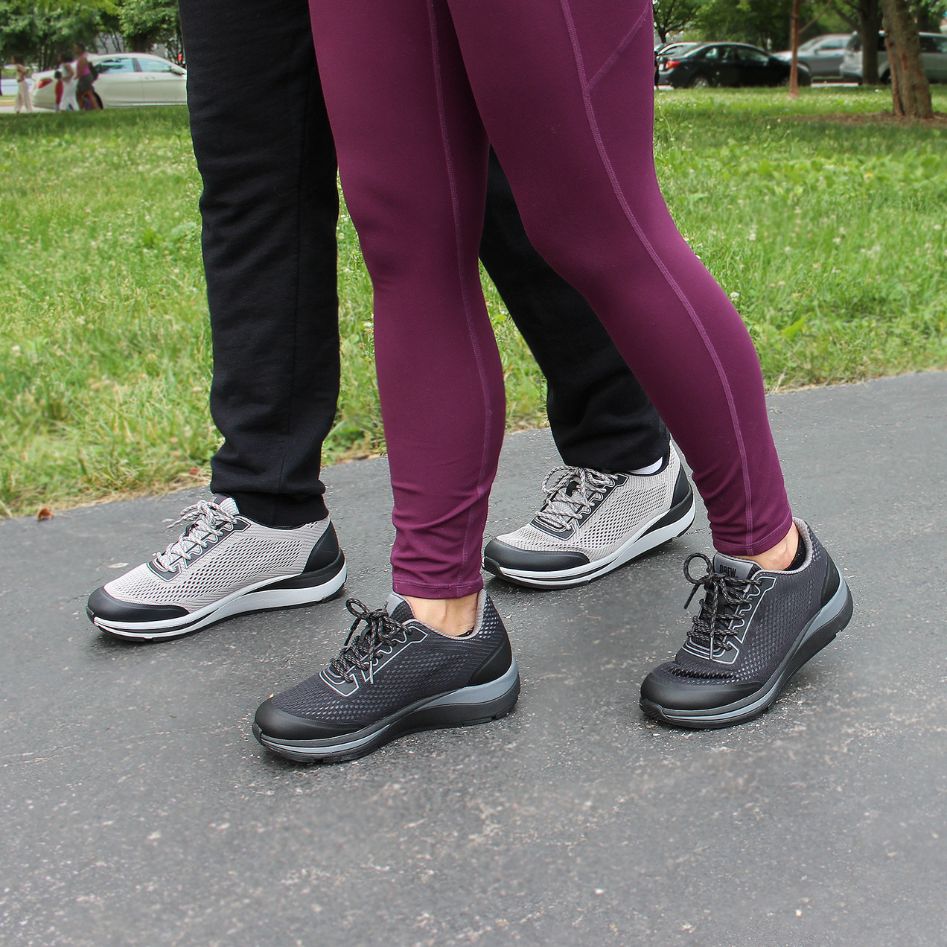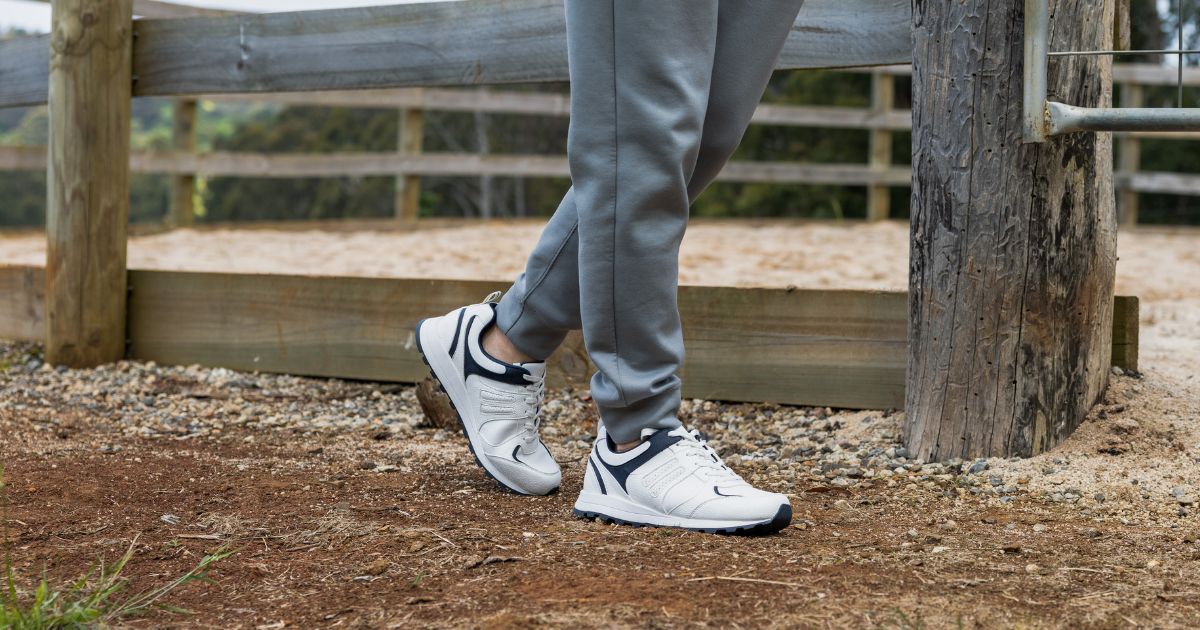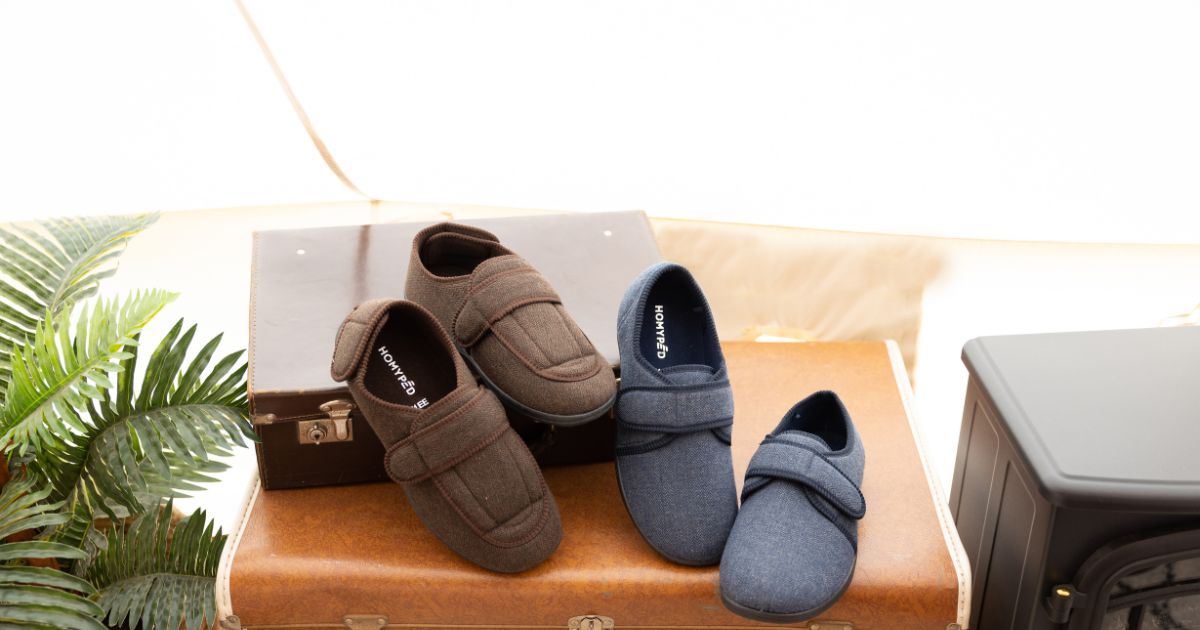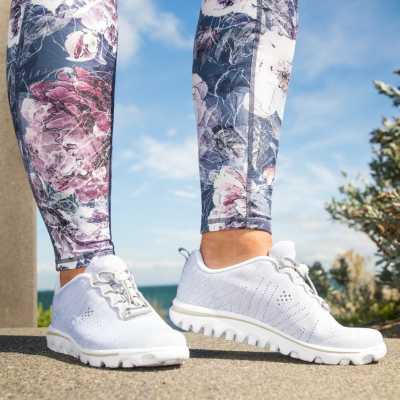Diabetic Footcare: The Importance of Proper Footwear in Diabetic Health

Living with diabetes requires careful attention to various aspects of health including foot care. Your feet are often overlooked; however, foot problems are common among people with diabetes and if it is not properly managed or supported, it can lead to serious complications. This blog will delve into the importance of choosing the right footwear and discuss preventative measures to maintain foot health, particularly for those with diabetes.
People with diabetes are at an increased risk of developing foot problems due to a variety of factors. Some of these problems include neuropathy which is nerve damage which may ultimately cause a loss of sensation in the feet making it difficult to detect injuries and abnormalities. Furthermore, there is an increased risk of having poor circulation which can slow down the healing process as well as reduced immune function which increases the risk of infections. These problems combine make individuals with diabetes more susceptible to foot ulcers, blisters, infections, and other complications.

The role of proper footwear:
Protection: High quality footwear with adequate support provides protection against injuries, sharp objects and pressure points with can lead to cuts, bruises and blisters. Opt for a pair of supportive shoes with targeted cushioning to protect your feet.
Pressure distribution: Well-fitted shoes with targeted cushioning help to distribute pressure evenly across the feet reducing the risk of developing blisters or calluses.
Support and stability: Shoes with proper arch support and stability features can help to maintain proper foot alignment which can ultimately reduce the risk of developing misalignment conditions like bunions and heel spurs. Stability is particularly important for those with diabetes because it can help to prevent falls and therefore injuries.
Breathability: Look for shoes made from breathable materials to help prevent moisture build up and swollen feet.
Wide shoes or space for orthotics: Look or orthotic friendly shoes to provide additional support and cushioning. Furthermore, shoes with a wide toe box can allow for wider feet and prevent rubbing and blisters from ill fitting shoes.

Proper footwear is essential for maintaining good foot health particularly for those with diabetes. By wearing supportive, cushioning, and well fitted men’s shoes and women’s shoes, you can reduce the risk of developing common foot conditions, problems and injuries like bunions, heel spurs, swollen feet, blisters and pressure sores. Prioritise your feet as a part of your overall diabetes management and seek professional help with our in-store podiatrist at Eastland in Ringwood if you notice any changes or symptoms.




